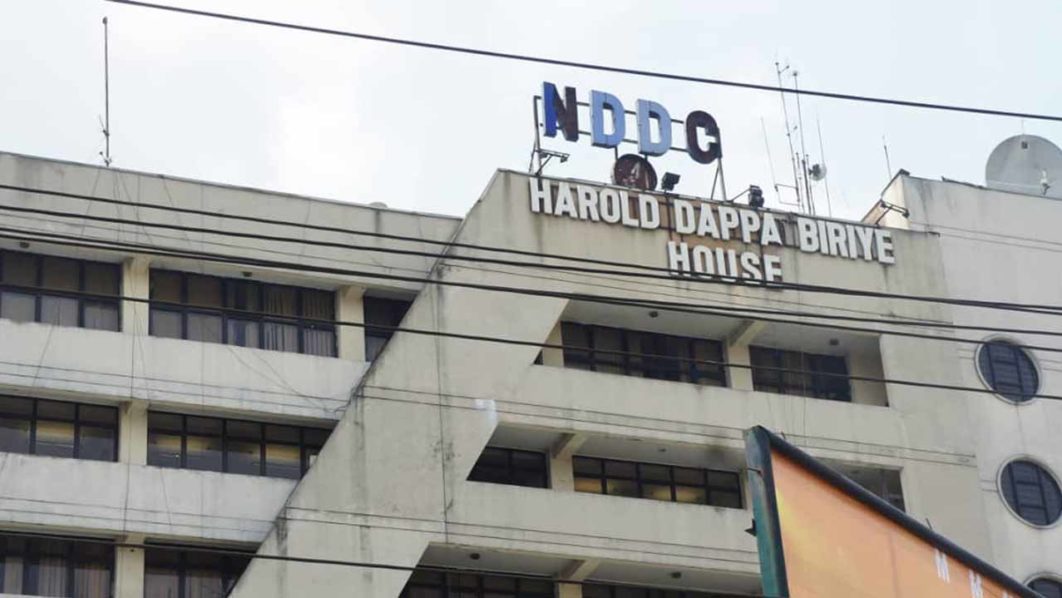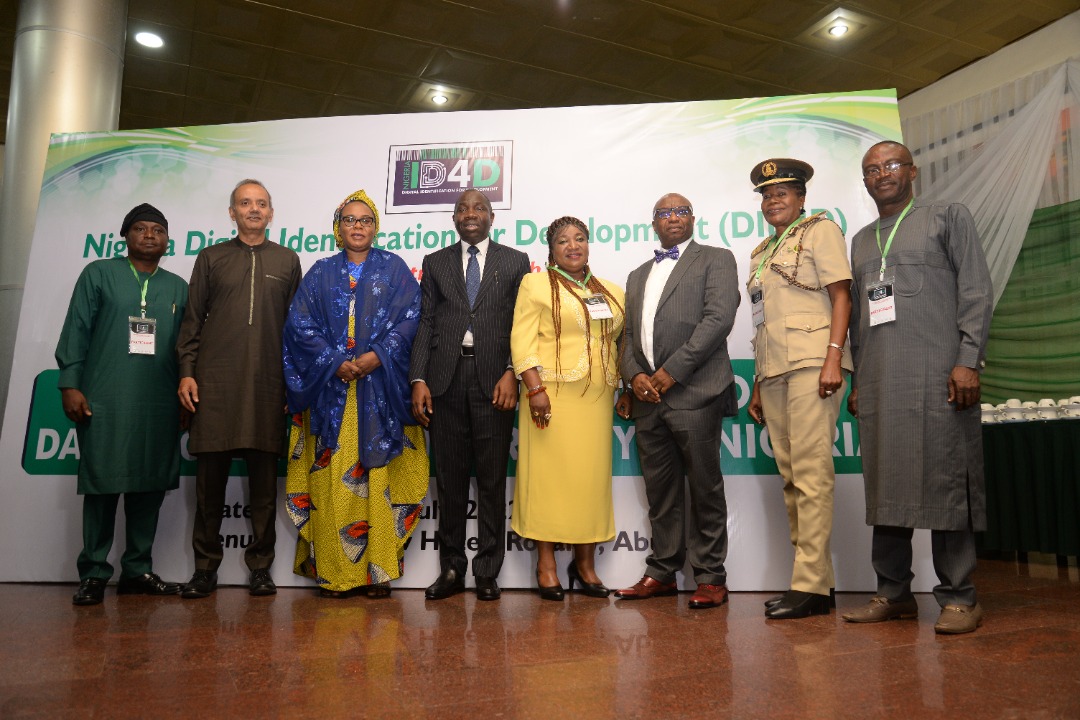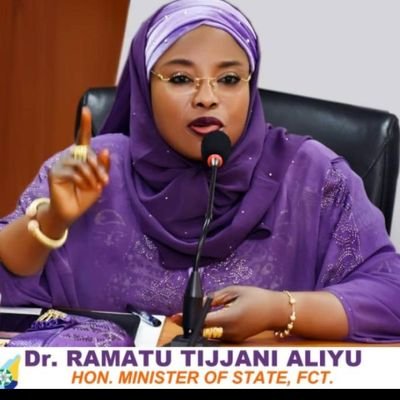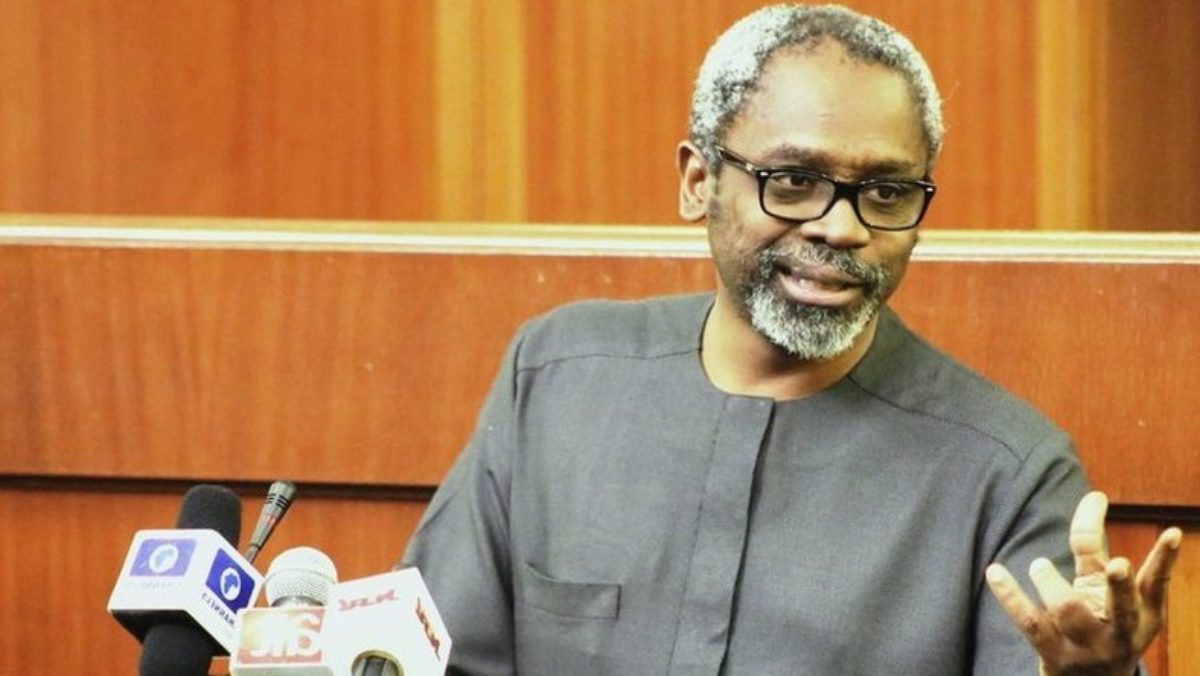By Ogenyi Ogenyi, Uyo
The Niger Delta Development Commission (NDDC) has engaged critical stakeholders of the region to fashion out an implementable and desirable budget for the commission in 2024.
The commission made this possible yesterday through a stakeholders engagement with the theme: “Partners for Sustainable Development Forum-NDDC 2024 Budget Conference”.
The two-day conference holding in Uyo, has in attendance representatives of governments of the 9 Niger Delta states, international oil companies(IOCs), traditional rulers, youth groups, civil society organizations among others.
The Managing Director of the NDDC, Dr. Samuel Ogbuku in his remarks said the stakeholders forum was aimed at providing a veritable platform for achieving effective budgeting system in line with the ‘’Renewed Hope’’ project of the Federal Government.
“This conference is very vital. For one, it helps to revive the platform of the partners for sustainable development forum which was created as part of the regional master plan implementation guideline, to bring all service providers and project implementers to the same table to fashion a common pathway based on shared vision for the development of the Niger Delta region.
“For another, it affords all of us the incentive and opportunity to pool our resources together, initiate projects and programmes within the obligatory goal of building a better region and empowering our people.
“By so doing, we would, arising from the conference, galvanize our energies for a common purpose, eliminate duplications and institutional suspicions in the development process, reduce incidence of working at cross purposes as well as reduce wastage of scarce resources allocated for regional developmental initiatives by all stakeholders.” Ogbuku said.
In his keynote address, the permanent secretary of the Ministry of Niger Delta Development, Dr. Shuaib Belgore urged the NDDC to evolve budgets that will meet the development needs of the states and communities in the region.
Represented by the Director of planning and statistics, Alfred Abbah, Belgore commended the current management of the Commission for the stakeholders forum initiative.
“The way forward is to embrace robust and innovative pathways anchored on transparency and Stakeholder participation towards right-budgeting, thus maximizing the available resources to address the most critical needs of the people.” He said.
In a wellcome remark, Maj Gen Charles Airhiavbere(Rtd), Executive Director, Finance and Administration said the review would help in the restructuring of the commission’s budgeting process for speedy accent by the National Assembly.
Airhiavbere said the review would also integrate stakeholders to be key in the quarterly performance of the commission which is a mandatory requirement from the presidential level while it would also help to avoid duplication of projects.






